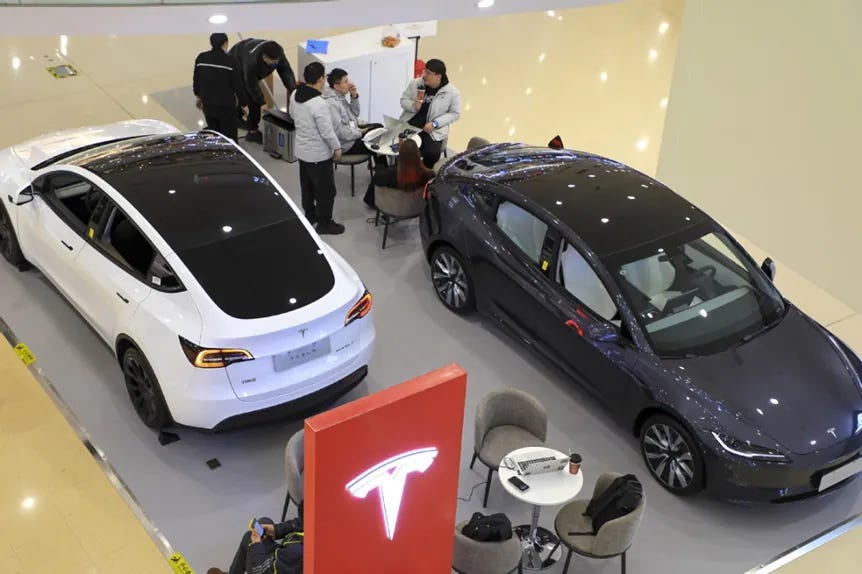Tesla Invalidates AI Patent That Xiaomi Has Paid Royalties for Five Years
BEIJING, May 27, 2025 —From April to May 2025, Tesla, the U.S. electric vehicle giant, achieved three consecutive victories in China's patent battlefield by successfully invalidating three patents held by Chinese independent inventors and small-to-medium enterprises (SMEs). This outcome highlights the significant disadvantage faced by SMEs in China when asserting patent rights against Big-Tech.
Notably, one of the patents at issue is CN100399329C, a 20-year-old patent titled "Mobile Intelligent Navigation Engine System," owned by Shanghai-based Jinen Company.
In 2012, Jinen acquired this patent from another Shanghai-based firm, Jiexin Network—a subsidiary of Hong Kong-listed Changda Technology. Jiexin Network's core technology centered on artificial intelligence (AI), such as natural language processing, to develop the Mobile Intelligent Navigation Engine (MINE) for mobile value-added services.
Due to the patent's core focus and claims relating to mobile phones, Jinen successfully signed a licensing agreement with Xiaomi in 2019, which was filed with the China National Intellectual Property Administration (CNIPA).
This remains Xiaomi's only known licensing project with a Chinese SME to date. During negotiations, Xiaomi attempted to invalidate the patent using a "straw man" strategy but failed, ultimately acknowledging its value.
However, in a CNIPA invalidation decision dated April 1, 2025, Tesla successfully invalidated the patent on grounds of lacking inventiveness. The CNIPA appeals board ruled that Tesla's Evidence 1, a 2004 U.S. patent (US20040167875A1), disclosed AI core content similar to the invention, with the only distinction being that Evidence 1 did not specifically mention applications in the mobile phone sector. The board deemed the two distinguishing technical features—application to mobile phones—obvious to a person skilled in the art.
This conclusion has sparked widespread debate in China, as CNIPA examiners are increasingly using "obviousness" to examnie and invalidate patents, potentially undervaluing many innovations. This aligns with feedback from stakeholders in the EU's recent "Third Country Report on the Protection and Enforcement of Intellectual Property," which noted a rising trend of CNIPA's reliance on obviousness standards.
PRIP (Wechat):
https://mp.weixin.qq.com/s/XHj-8pA37dQKqFVClZHR9A





